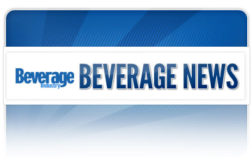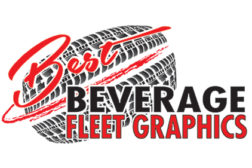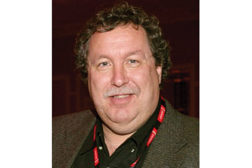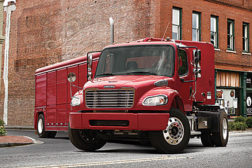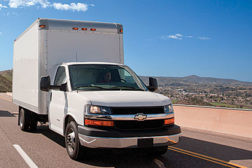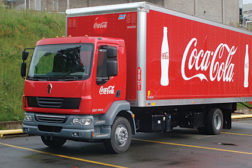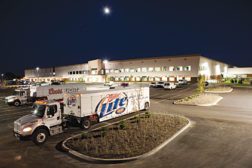Home » trucks
Articles Tagged with ''trucks''
Beverage Industry announces Best Fleet Graphics winner
Monarch Beverage Co. named best overall vehicle, fleet
October 10, 2014
Changing government regulations impact fleet operations
Government mandates add cost and uncertainty to fleet operations
September 15, 2014
The 2013 State of the Beverage Fleet Industry
Results reflect shift to end-load trailers
February 14, 2014
Trucks packaged for flexibility
Distributors move toward cargo-style truck bodies
July 15, 2013
Childress retires from Mickey Truck Bodies after 29-year career
Arland succeeds as vice president of sales
July 10, 2013
Hooking up trucks for profitability
Trailers increase productivity, flexibility
June 14, 2013
Elevate your expertise in the beverage marketplace with unparalleled insights and connections.
Join thousands of beverage professionals today. Shouldn’t you know what they know?
JOIN NOW!Copyright ©2024. All Rights Reserved BNP Media.
Design, CMS, Hosting & Web Development :: ePublishing
